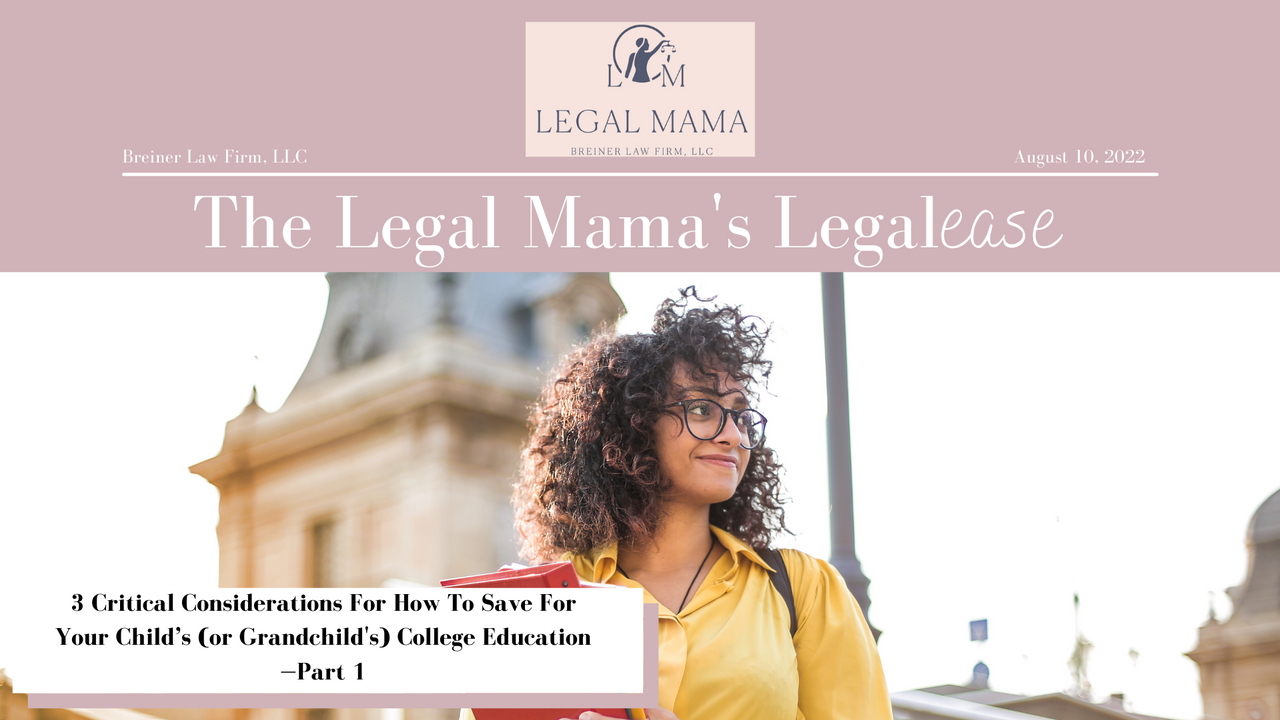What’s new in the blog?
..............
Categories
All Categories 2023 401(k) 4th of july additional support planning adoption adult children adults aging aging parents asset protection asset tracking avoid court and conflict avoid probate babysitters beneficiaries birth blended family business business planning business start-up capital gains taxes care celebrities celebrity horror story children claims college college planning consequences conservatorship consider cost cost of dying court covid creditors crypto planning cryptocurrency cryptoverse cta death digital assets dispute divorce diy education education trusts educational effective planning elder abuse elderly end of life entrepreneurs estate estate planning executor expectations expert facebook failures families family family disputes family home family planning family reunion family values famous people faq fiduciaries fiduciary responsibility finance financial planning first meeting freedom funding future generational wealth georgia gift giving goals and priorities grandkids grandparent gifts grandparents guardian guide guardianship guidance healthcare directives heirlooms help hipaa holidays home ownership how are we different? how do you know what's right for you incapacity inheritance insurance intellectual property intergenerational wealth investments ira journaling judgments keep your family out of court and conflict keepsakes kids kids protection plan law of attraction learn something new legacy legal legal mama family legalese lgbtq life and legacy planning life insurance lifetime living wills marriage meaningful conversations medical rights minnesota minor children mistakes money natural disaster natural disaster protection new year next steps nfts now old age parents pass down love passing down paying for college personal family lawyer pets pitfalls planning planning ahead planning failures postdeath power of attorney prepare probate protect your assets protect your family protection q&a questions real story retirement reunion safe same-sex couples sarah's plan saving for college secure act security social media special needs child special needs planning special needs trust strategies student loans take control tax taxes the legal mama things to know travel trust trust planning trustees trusts unity unmarried couples update vacation volunteering wills wishes women lawyers women run business young people




